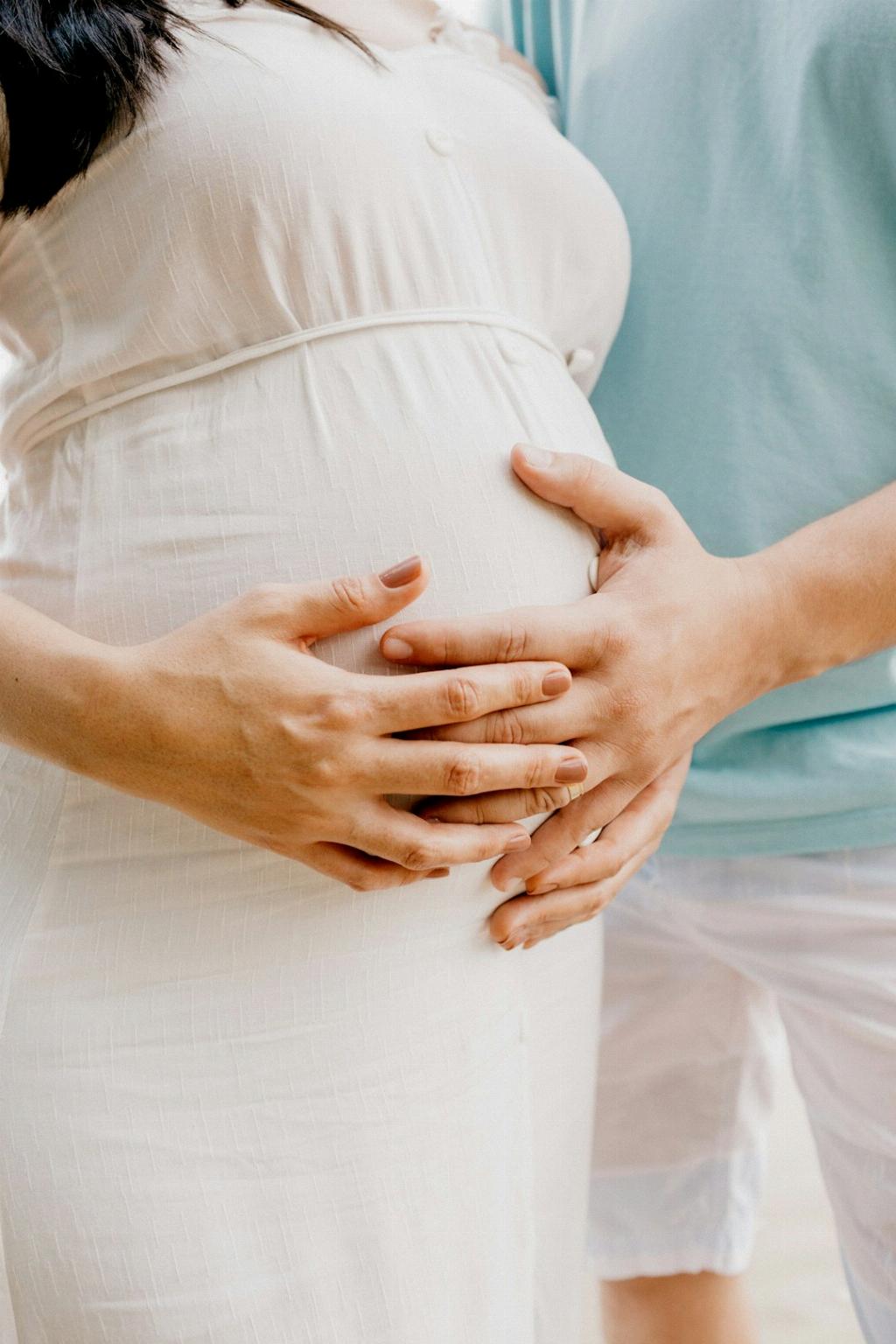Feeling your baby’s movements is one of the most exciting parts of pregnancy. However, the timeline for when this magical moment occurs can vary from person to person. While the exact timing can differ, most expectant mothers typically feel their baby move for the first time between 16 to 22 weeks into their pregnancy.
The Start of Your Baby’s Movements
Although you may not feel those little kicks and flutters until well into your second trimester, it’s fascinating to note that your baby has actually been moving since very early on in your pregnancy. By around 7 to 8 weeks, your baby’s tiny limbs are starting to form, and they may even begin their sweet, subtle movements during this stage. It’s like a tiny dance party happening inside you!
Why Can’t You Feel Your Baby at 2 Months?
So, why the delay in feeling these movements if your baby is already wiggling around so early on? Well, at 2 months pregnant, your baby is still incredibly small and nestled snugly within your uterus. Their movements may not yet be strong or frequent enough for you to discern them amidst all the other sensations your body is experiencing.
The Growth and Development Process
During the first few months of pregnancy, your baby is rapidly developing from a tiny fertilized egg into a recognizable human form. They are busy growing organs, bones, and muscles, and as they become bigger and stronger, their movements will become more noticeable to you as the parent.
Factors Affecting When You Feel Your Baby
Several factors can influence when you start feeling your baby move. Your individual body shape, the position of your uterus, the location of your placenta, and whether this is your first pregnancy or not can all impact when those baby kicks become discernible to you.
Anticipation and Patience
Waiting to feel your baby’s movements can be both exciting and anxiety-inducing. It’s natural to eagerly anticipate this special moment, but it’s essential to remember that every pregnancy is unique, and the timing of feeling those first flutters is not a reflection of the health or progress of your baby.
Establishing a Connection
Feeling your baby move is often described as a pivotal moment in forging a deeper connection between you and your little one. Those gentle movements can serve as a reminder of the life growing inside you and can strengthen the bond even before your baby enters the world.
Keeping Track of Movements
Once you start feeling those precious movements, it can be beneficial to keep track of them. Monitoring your baby’s kicks and movements can provide reassurance of their well-being and alert you to any changes in their activity levels that may require medical attention.
Enjoying the Journey
While waiting for those first movements, take this time to cherish the miraculous process of pregnancy. Your body is nurturing and growing a tiny human being, and every stage of this journey is filled with wonder and awe. Embrace the changes and the anticipation of what’s to come.
Consulting Your Healthcare Provider
If you have concerns about not feeling your baby move within the typical timeframe or if you have any other questions about your pregnancy, don’t hesitate to reach out to your healthcare provider. They can offer guidance, support, and reassurance throughout this incredible journey.
Conclusion
While feeling your baby move at 2 months pregnant may not be a common occurrence, rest assured that those magical moments are on the horizon. As your baby continues to grow and develop, you’ll soon be experiencing the joy of those first flutters and kicks that signify the presence of new life within you.

